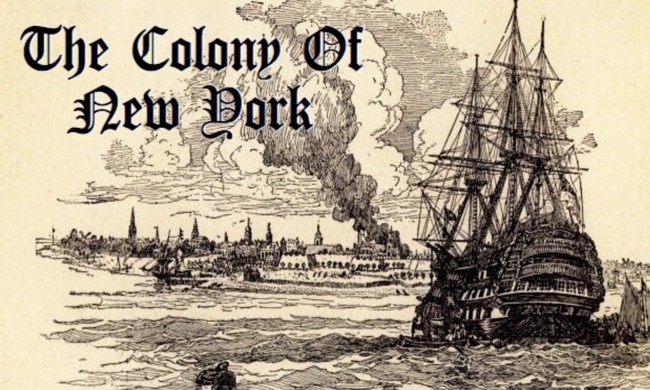In my last post, I focused on the erroneous, but fairly common, claim that the Constitution’s framers simply “made the Constitution up.” In fact, they applied centuries of political tradition, both from England and America. I offered the example of the 1636 Pilgrim Code of Law, a colonial constitution for Massachusetts.
Another forerunner of our Constitution was the Charter of Liberties and Privileges of New York—adopted by the colony’s legislature on October 30, 1683.
The Charter of Liberties and Privileges contained many terms foreshadowing those in the U.S. Constitution. Specifically:
* It provided for an executive branch (governor and council—already mandated by the colony’s royal charter) and a gubernatorial veto.
* It provided that the state general assembly elected its own officers and judged the qualifications of its own members.
* It provided for legislative immunity from arrest.
* It authorized the executive to issue writs of election to fill legislative vacancies.
* It required popular consent, via the legislature, to impose taxes.
* It mandated trial by jury.
The Charter of Liberties and Privileges also foreshadowed important provisions in the Bill of Rights. Specifically:
* It anticipated, although in weaker form, the Free Exercise Clause of the First Amendment. That is, it guaranteed religious freedom to all Christians. This provision was quite liberal for its time—including as it did Catholics, Quakers and non-Anglican Protestants.
* It contained a rule against quartering of troops in private houses, foreshadowing the Third Amendment.
* It banned sales of land without the owner’s consent—a stronger version of the Takings Clause of the Fifth Amendment.
* It included both a “law of the land” and a “due course of law” clause—predecessors to the Due Process Clauses in the Fifth and Fourteenth Amendments.
* It required indictment by grand jury, as specified in the Fifth Amendment.
* It included a limit on excess fines, later included in the Eighth Amendment.
And all these items appeared in a document that anticipated the U.S. Constitution by more than a century!









